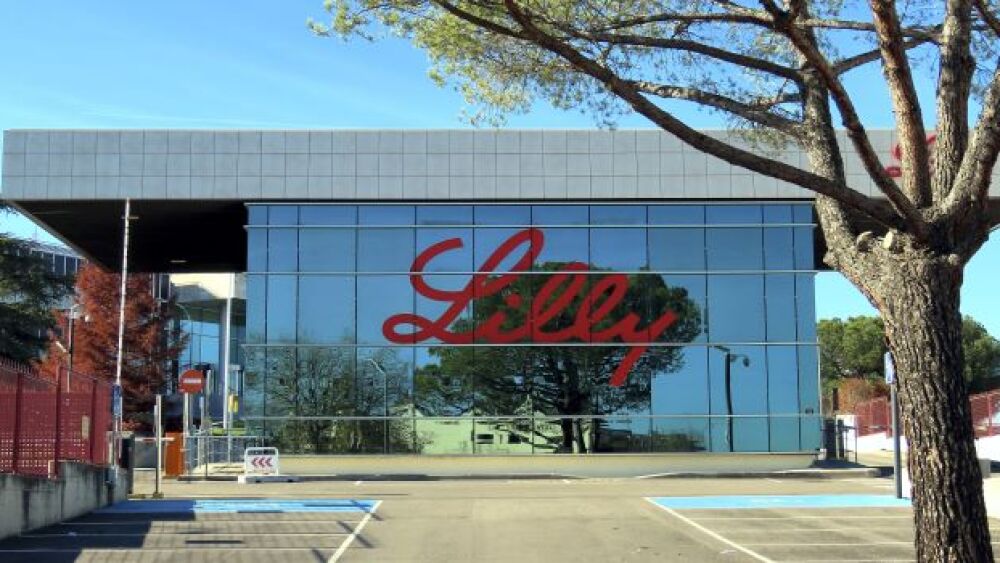Computational technology company Schrödinger announced Thursday it has forged a $425 million drug design collaboration with Eli Lilly.
Courtesy of Cristina Arias/Getty Images
Computational technology company Schrödinger has forged a drug design collaboration with Eli Lilly, Schrödinger announced Thursday.
Schrödinger will receive up to $425M and be responsible for the discovery and optimization of small molecule compounds addressing an undisclosed target. Once that is complete, Indianapolis-based Eli Lilly will then be responsible for the completion of preclinical development, clinical development and commercialization.
New York-based Schrödinger announced the collaboration during its Platform Day with investors. The announcement was light on details about the drug target, but during the company’s presentation, Karen Akinsanya, chief biomedical scientist and president of therapeutics R&D, noted that the two companies have come together to “align on a target of interest” in the small molecule program.
Akinsanya noted Eli Lilly will participate in the early stages of development, including working with animal models to help characterize compounds and will then be responsible for preclinical development and any clinical programs as well.
Under the financial terms of the deal with Eli Lilly, the $425 million will be in the form of discovery, development and commercial milestone payments. An upfront payment was not disclosed. The company will also be eligible to receive low single- to low double-digit royalties on any asset that becomes commercialized.
A Long List of Partnerships
Schrödinger has a long history of collaborations over the past 15 years. Companies Schrödinger has worked with include Nimbus Therapeutics, Agios, Morphic Therapeutics, Takeda, Bristol Myers Squibb, Sanofi and more. Eli Lilly is the latest pharma company to call on Schrödinger’s expertise in computational chemistry and drug development.
The 2020 deal with BMS covers five programs and has a value of up to $2.7 billion. The initial specified targets in the partnership include HIF-2 alpha and SOS1/KRAS, which Schrödinger refers to as its SDGR4 program and SDGR5 program, according to a filing with the U.S. Securities and Exchange Commission.
Under the terms of that agreement, BMS gained an exclusive license to the assets covered in the deal. Once an asset has been determined by Schrödinger, BMS will take over development.
In all, Schrödinger is advancing a portfolio of 12 active collaboration projects and 18 proprietary programs.
In its partnership with Nimbus, Schrödinger’s efforts to discover a potential best-in-class acetyl-CoA carboxylase inhibitor has been advanced into Phase IIb development for the potential treatment of compensated cirrhosis due to nonalcoholic steatohepatitis. Another asset, a TYK2 inhibitor, has also moved into Phase IIb trials in patients with moderate to severe psoriasis.
“The combined portfolio of collaborations, proprietary programs and partnerships has continued to evolve. And we’re excited by the number of programs that have transitioned from the discovery phase now into the clinic,” Akinsanya said during the presentation.
Earlier this year, Schrödinger announced the FDA cleared its Investigational New Drug Application for its MALT1 inhibitor, SGR-1505. The company intends to initiate a Phase I study in patients with relapsed or refractory B-cell lymphoma by the end of the year.





